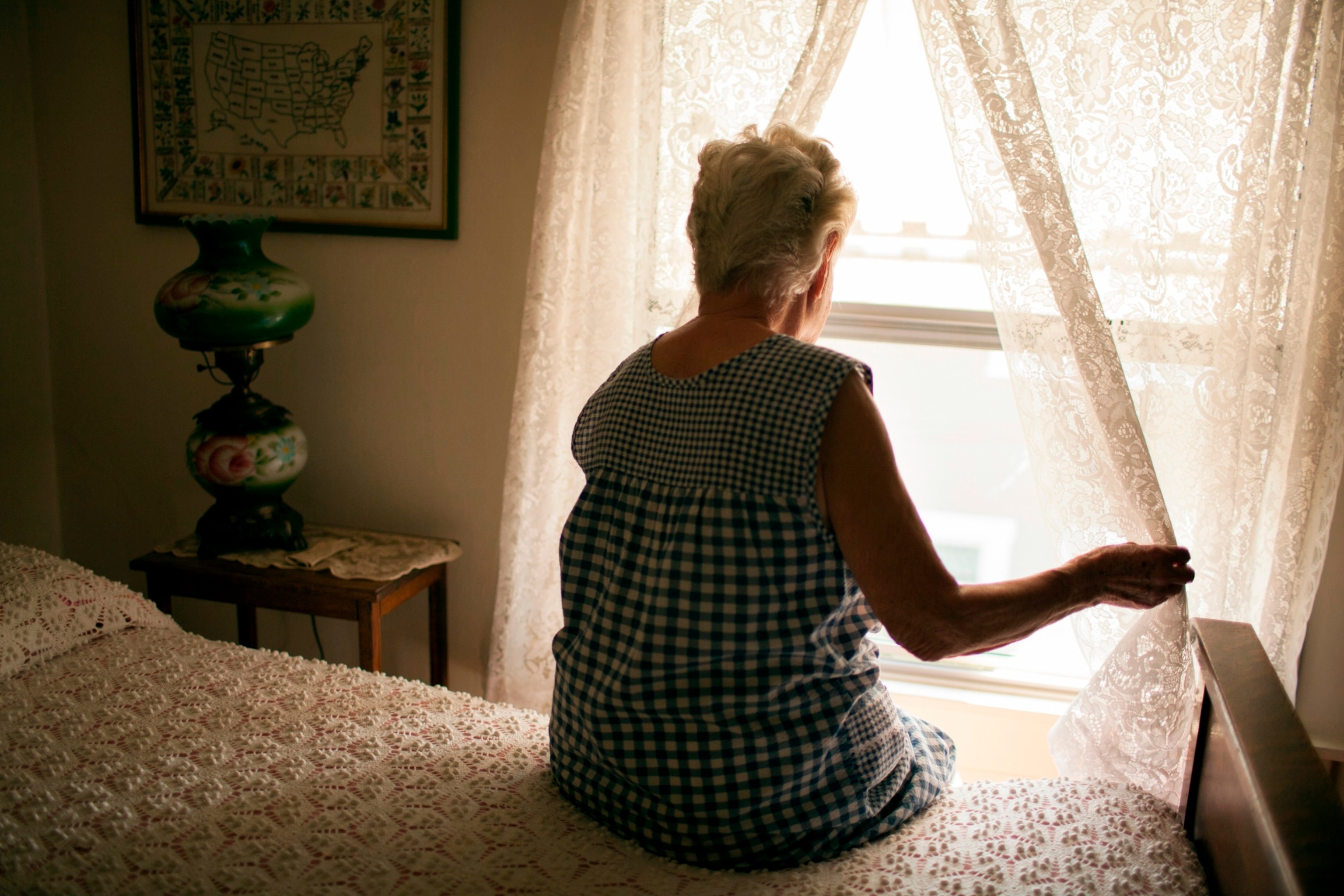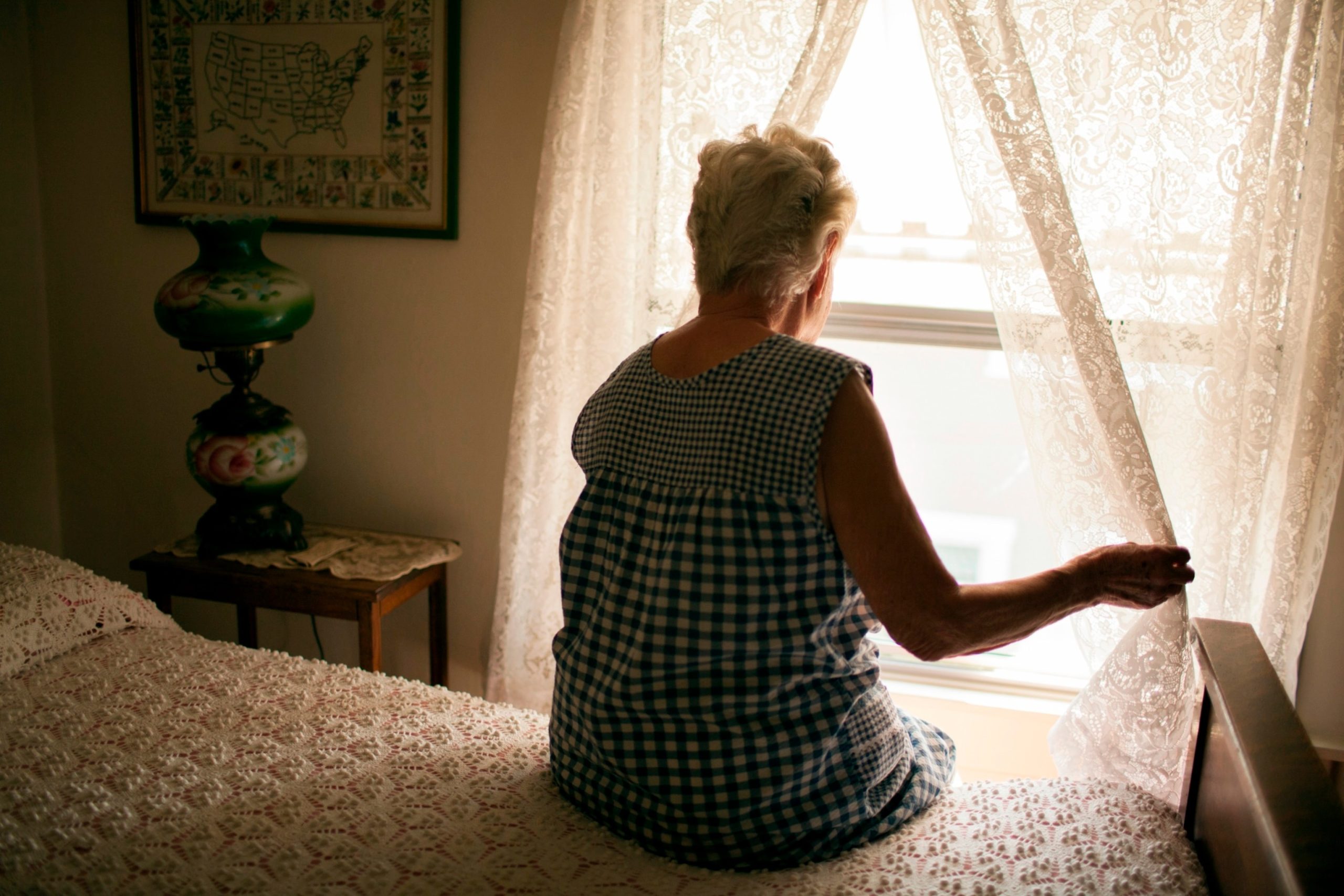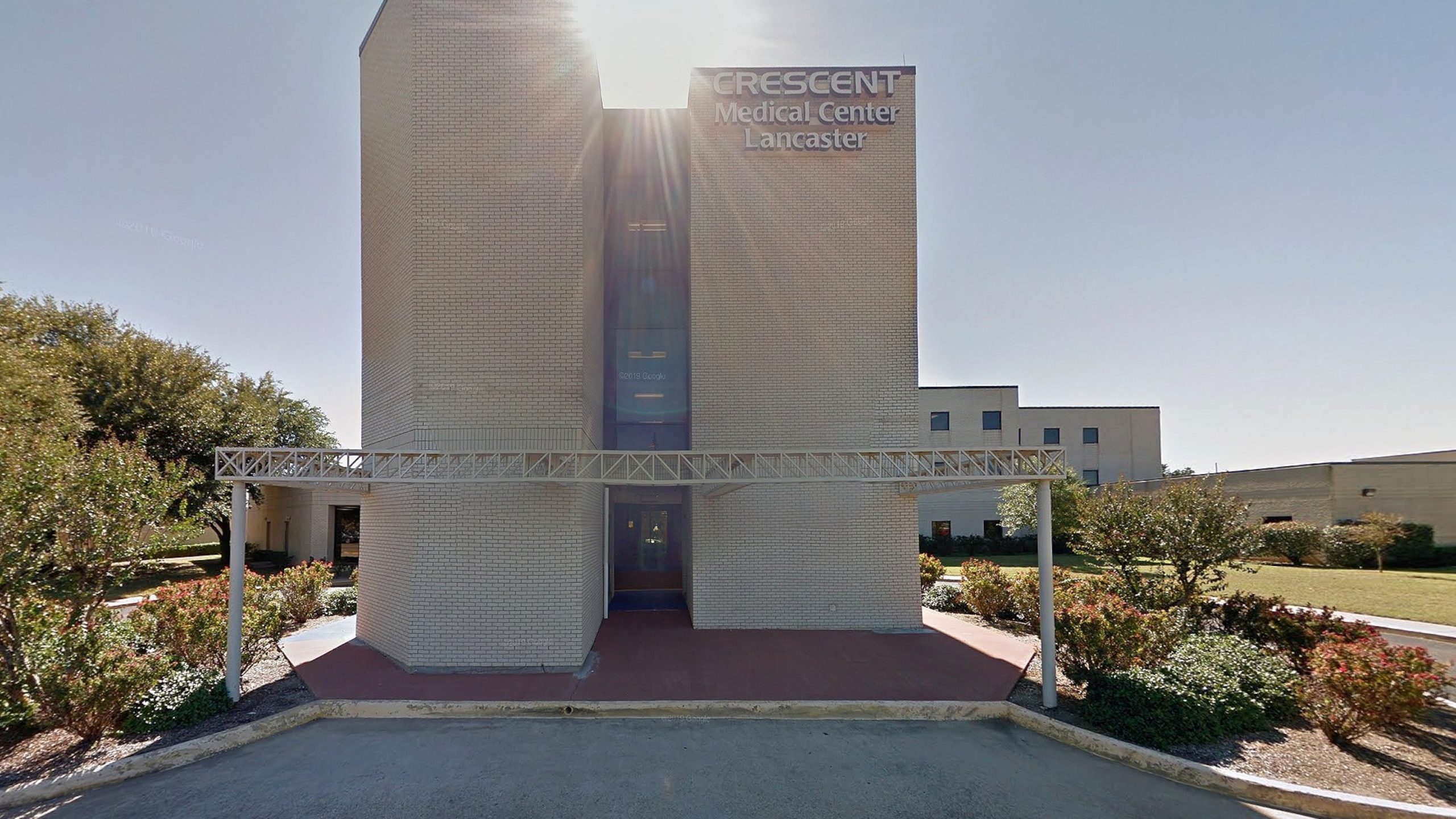Middle-age and older adults with long-term loneliness are at higher risk of stroke than those who do not report being lonely, according to a new study published in the journal eClinicalMedicine on Monday.
Researchers found the risk of stroke among lonely adults was higher regardless of co-existing depressive symptoms or feelings of social isolation.
“Loneliness is increasingly considered a major public health issue. Our findings further highlight why that is,” lead author Yenee Soh, a research associate in the department of social and behavioral sciences at Harvard T.H. Chan School of Public Health, said in a press release.
“Especially when experienced chronically, our study suggests loneliness may play an important role in stroke incidence, which is already one of the leading causes of long-term disability and mortality worldwide,” Soh continued.
Those who experienced situational loneliness — a temporary loneliness due to a change in circumstances — did not have an increased stroke risk, suggesting that the impact of loneliness on stroke risk occurs in the long term, according to the study,
The study used data from the University of Michigan’s Health and Retirement Study (HRS) survey that followed nearly 9,000 stroke-free adults who were aged 50 for 10 to 12 years.
Results showed those who experienced chronic loneliness had a 56% higher risk of stroke than those who consistently reported not being lonely, independent of social isolation, depressive symptoms, body mass index, physical activity and other health conditions.

STOCK PHOTO/Getty Images
Previous research has linked loneliness to an increased risk of cardiovascular diseases, but the new study is one of the first large-scale, long-term studies to examine the association between loneliness changes and stroke risk over time.
“These study findings are consistent with other research that has shown that loneliness has been linked to [poorer] health,” Dr. Julianne Holt-Lunstad, a professor of psychology and neuroscience at Brigham Young University and eminent researcher on the health effects of loneliness — who was not involved with the study — told ABC News.
“It’s also consistent with other research that shows that the detrimental effects seem to be most associated when it is persistent or chronic over time,” she continued. “This study because it looked at loneliness at multiple times to determine whether there were changes, and whether it was consistent over time [and] found that persistent levels were associated with the worst outcomes.”
Participants who only had baseline measurements of loneliness saw an occurrence of 1,237 strokes during the follow-up period from 2006 to 2018. Participants who completed two loneliness assessments and reported loneliness both times saw an occurrence of 601 strokes during the same follow-up period.
Each group’s stroke risk was analyzed in the context of their loneliness while controlling for other health and behavioral risk factors, including social isolation and depressive symptoms, which are closely related to — but distinct from — loneliness.
“Repeat assessments of loneliness may help identify those who are chronically lonely and are therefore at a higher risk for stroke,” Soh said in the press release. “If we fail to address their feelings of loneliness, on a micro and macro scale, there could be profound health consequences.”
“Importantly, these interventions must specifically target loneliness, which is a subjective perception and should not be conflated with social isolation,” she added.
Keerthana Kumar, MD, MPH, a headache specialist at Nuvance Health/Vassar Brothers Medical Center, and a member of the ABC News Medical Unit
A recent study has found that long-term loneliness can significantly increase the risk of stroke in individuals. Loneliness is a common feeling that many people experience at some point in their lives, but the effects of chronic loneliness on physical health are just beginning to be understood.
The study, published in the journal Heart, followed over 2,000 adults aged 50 and older for a period of 10 years. The researchers found that those who reported feeling lonely on a regular basis were more than twice as likely to have a stroke compared to those who did not report feeling lonely. This increased risk remained even after accounting for other factors such as age, gender, smoking, and pre-existing health conditions.
Loneliness is often associated with social isolation, lack of social support, and feelings of being disconnected from others. These feelings can have a profound impact on both mental and physical health. Chronic loneliness has been linked to a number of negative health outcomes, including depression, anxiety, cardiovascular disease, and now stroke.
The exact mechanisms by which loneliness increases the risk of stroke are not yet fully understood, but researchers believe that chronic stress and inflammation may play a role. Prolonged feelings of loneliness can activate the body’s stress response, leading to increased levels of stress hormones such as cortisol. This chronic stress can contribute to inflammation in the body, which is a known risk factor for stroke.
It is important for individuals who are experiencing chronic loneliness to seek support and connection with others. Building strong social connections and maintaining a sense of belonging can help reduce feelings of loneliness and improve overall well-being. This can be done through joining social groups, volunteering, or reaching out to friends and family for support.
Healthcare providers should also be aware of the potential impact of loneliness on their patients’ health. Screening for loneliness and providing resources for social support may be an important part of preventive care for individuals at risk for stroke and other health conditions.
In conclusion, the findings of this study highlight the importance of addressing loneliness as a risk factor for stroke. By recognizing and addressing feelings of loneliness early on, individuals can take steps to improve their social connections and reduce their risk of stroke and other negative health outcomes.



